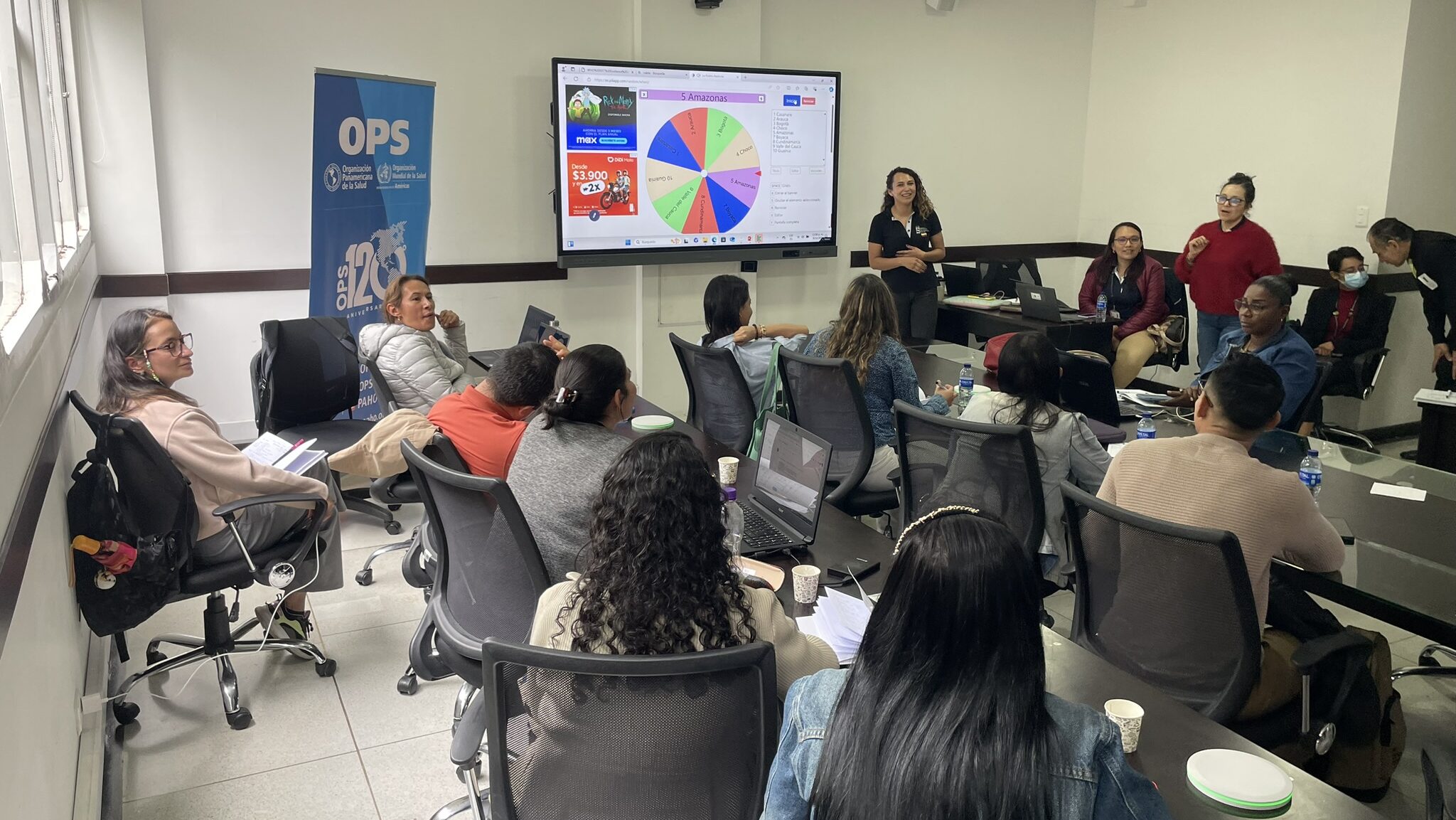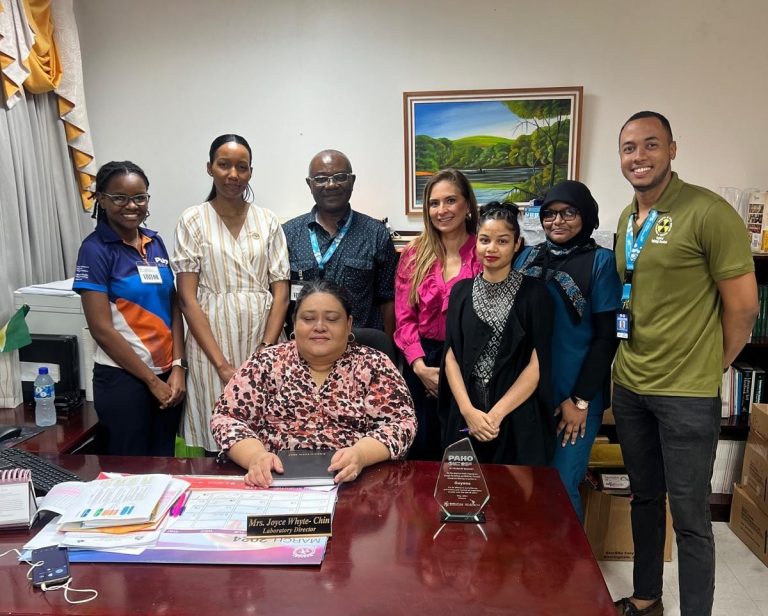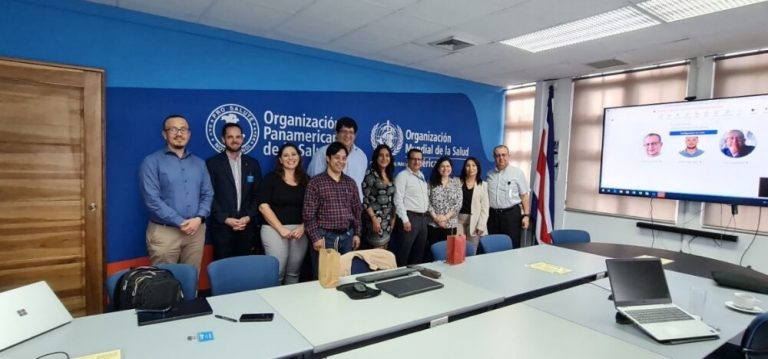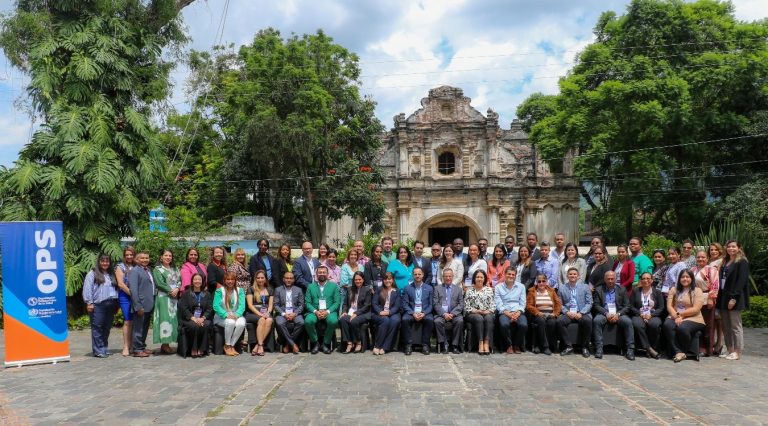Colombia reinforces its public health emergencies preparedness and response capacities with the PIP Framework
Colombia has taken significant steps in its preparedness for public health emergencies through strategic activities under the Pandemic Influenza Preparedness (PIP) Framework, a global initiative coordinated by the World Health Organization (WHO). This framework aims to improve influenza pandemic preparedness, surveillance and response capabilities by providing financial and technical resources to strengthen both health infrastructure and response capacity at the national level. The country has focused its efforts on decentralized training, intersectoral work and the adoption of technological innovations to improve epidemiological surveillance and rapid response to respiratory disease outbreaks.
Context and approach of the PIP Framework in Colombia
With a comprehensive model that combines technical and theoretical training and practical experience, Colombia is making progress in preparedness and response to health emergencies caused by respiratory pathogens. With the support of the Pan American Health Organization (PAHO/WHO),the country has implemented training strategies in emergency preparedness and response to epidemic and pandemic events, with emphasis on influenza and other respiratory viruses, including workshops, practical training, simulation exercises and drills. These initiatives strengthen the capabilities of health professionals, allowing them to work in a coordinated manner in the management of threats, including those caused by respiratory agents and pathogens of zoonotic origin, such as avian influenza, testing the knowledge acquired. In addition, the use of technological tools such as SIMEXamericas to transform theory into practice and optimize operational preparedness is noteworthy.
This model fosters comprehensive preparedness and response capacity at both the national and local levels. Conducting cross-sectoral drills allows the country to test the effectiveness of its systems, improve epidemiological and laboratory surveillance, and ensure that teams are prepared to respond to potential outbreaks.
Recent milestones in capacity building:
Capacity building in outbreak investigation and control
PAHO/WHO, in collaboration with the Departmental Health Institute of Norte de Santander, led the Emergency Response Team (ERT) Training Workshop in Cúcuta from July 22-25. Forty-five epidemiology, laboratory and communications delegates from different departments participated.
The workshop strengthened outbreak investigation and control capabilities through an integrated approach to epidemiological surveillance, laboratory surveillance and risk communication. Topics addressed included the collection, packaging and safe transport of biological samples; analysis and interpretation of diagnostic results; and risk communication with an ethnic approach. Key concepts were reinforced and integrated preparedness for respiratory pandemics was promoted.
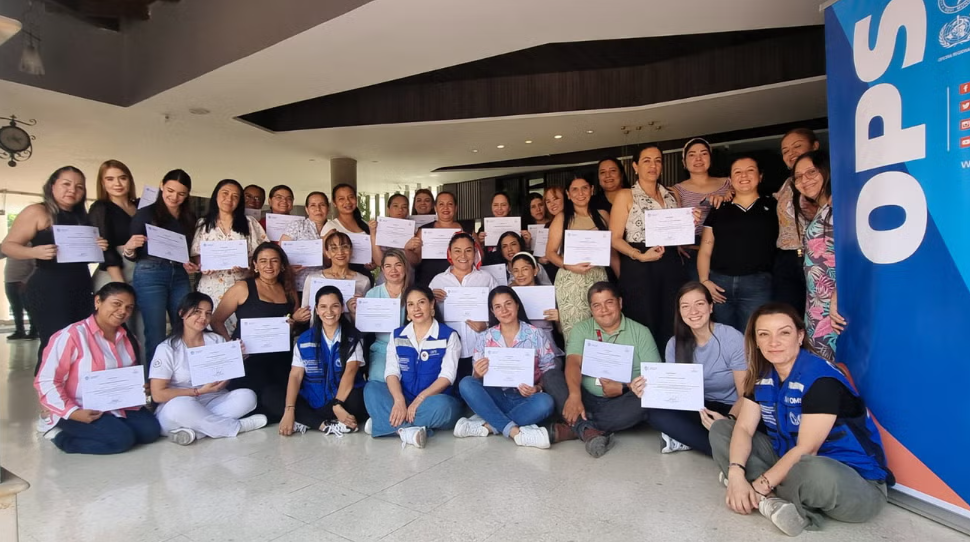
Training in epidemiological and laboratory surveillance
The National Institute of Health (INS, by its acronym in Spanish), in collaboration with PAHO/WHO, organized three regional meetings (two in Bogotá and one in Barranquilla). These sessions involved the participation of 76 professionals from 29 departments and 12 sentinel institutions. The training sessions focused on:
-
- Surveillance of severe acute respiratory infections (SARI).
-
- Management of highly pathogenic avian influenza (HPAI) outbreaks.
-
- Safe collection and transport of biological samples.
Practical simulations were conducted to strengthen intersectoral coordination, integrating the health, agriculture, and environmental sectors to provide a comprehensive response to emergencies.
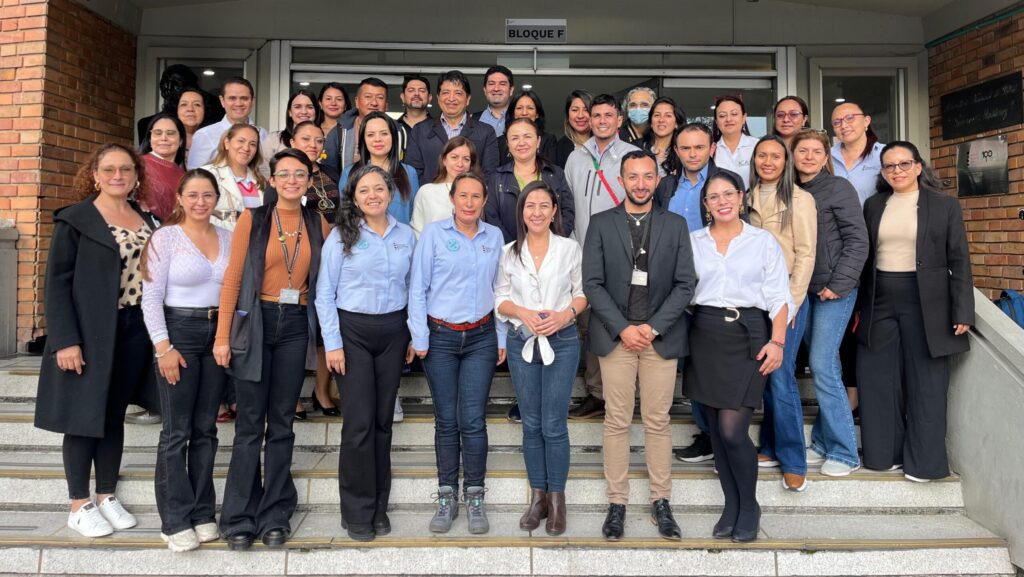
XXXII International Course on Epidemiology and Public Health Surveillance
Between October 28 and November 14, 38 professionals from Colombia and six countries in the region participated in this edition of the course, which included:
-
- Practical workshops and simulations to respond to epidemic outbreaks.
-
- Risk assessment and improvement of communication in emergencies.
-
- Prevention of hospital-acquired infections and management of personal protective equipment.
These activities strengthened capacities in detection, analysis and communication of public health events, prioritizing a comprehensive and collaborative approach.
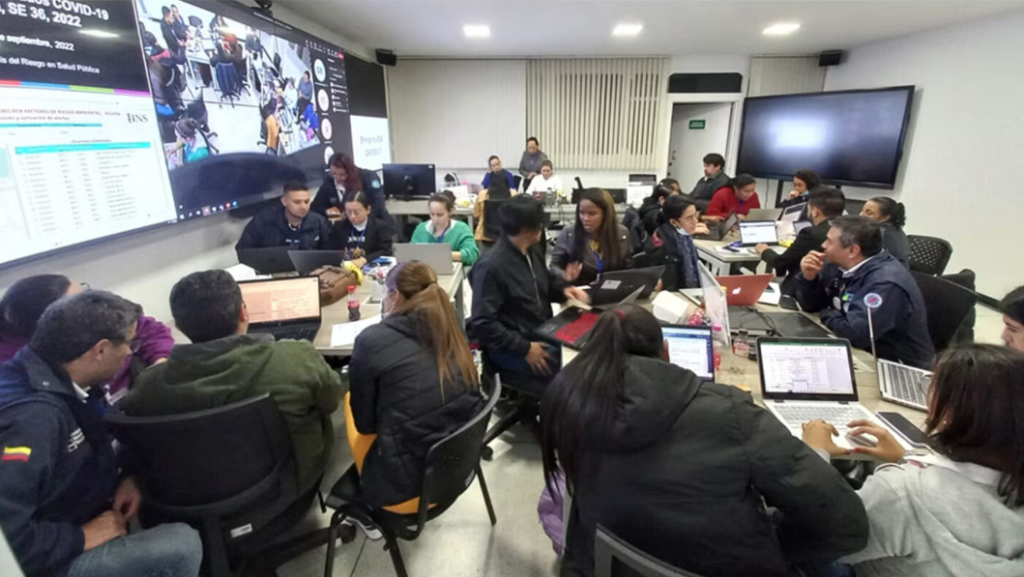
PRET Workshop: Preparedness and resilience to emerging threats
As part of the International Field Epidemiology Training Program (FETP) of the INS Colombia, this workshop used simulations to strengthen the response to health emergencies based on the five components of the PRET initiative. Participants worked on real-life scenarios, developing:
-
- Effective messages for different audiences.
-
- Coordination strategies at national and subnational levels.
-
- Practical dynamics addressing critical situations such as outbreaks in rural communities, mass quarantines, and crisis information management.
The workshop, held for the second consecutive year with the theme of PRET – respiratory viruses, emphasized the importance of accurate information management and effective communication.
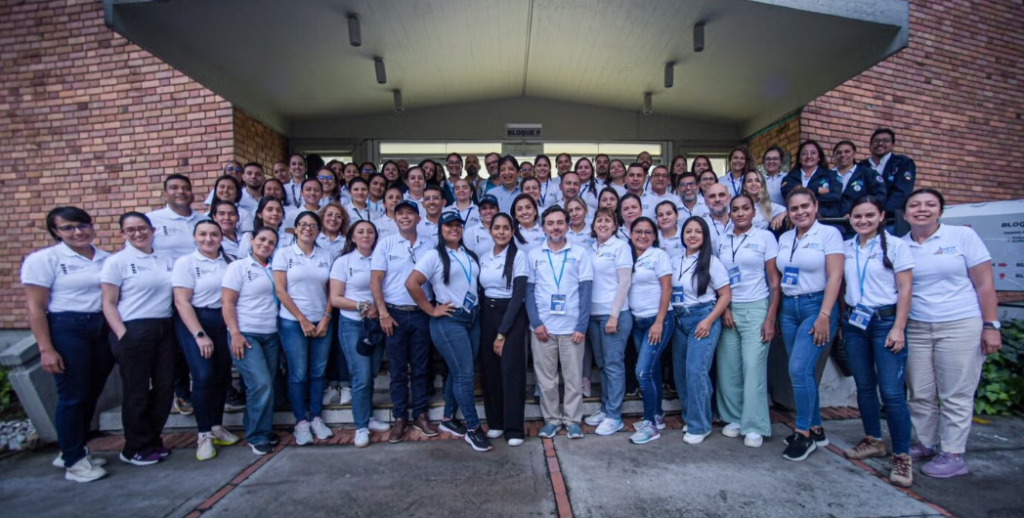
Avian Influenza Simulation with SIMEXamericas
The SIMEXamericas platform, developed by PAHO, was used for an innovative avian influenza outbreak simulation. This exercise brought together 130 national and international participants, achieving the following:
-
- Evaluating outbreak response protocols.
-
- Strengthening staff training.
-
- Improving interinstitutional coordination among human, animal, and environmental health sectors.

This ongoing commitment to training and practice has established the country as a regional leader in protecting public health through an effective and sustainable response. In collaboration with PAHO, the country strengthens its public health system through activities that ensure preparedness to address current and future health challenges. Supported by the PIP Framework and intersectoral collaboration, Colombia is making steady progress toward greater resilience in the face of public health emergencies.
